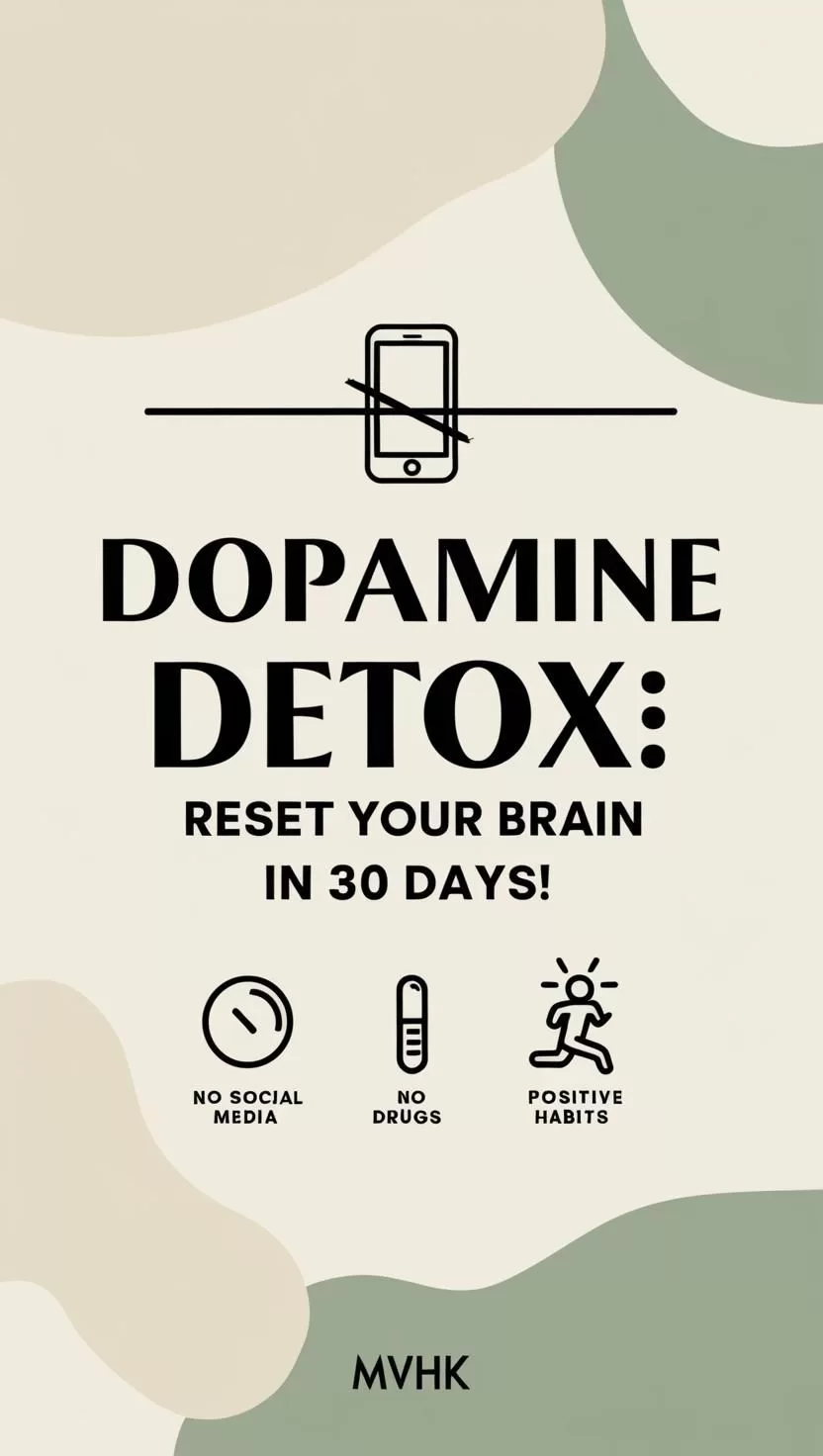Cortisol and Mental Health: The Hidden Dangers Busy Professionals Can’t Afford to Ignore
Cortisol, commonly known as the “stress hormone,” plays a vital role in helping us manage acute threats. However, for busy professionals navigating constant deadlines, meetings, and emotional strain, this powerful hormone can become a chronic saboteur—silently damaging mental wellness, immunity, and even your long-term health.
1️⃣ Understanding Cortisol’s Role
🔬 What is Cortisol?
Cortisol is a steroid hormone produced by the adrenal glands. It helps regulate metabolism, blood sugar, inflammation, memory formulation, and more. When released in response to stress, it can:
- Increase blood sugar for quick energy.
- Sharpen memory and attention.
- Raise blood pressure to fuel physical response.
These short-term effects are beneficial—until they’re not.
⚠️ Acute vs. Chronic Cortisol
Acute stress leads to a temporary cortisol spike—your body resets afterward. Chronic stress, however, results in persistently high cortisol levels, which:
- Weakens the immune system
- Lowers serotonin (mood hormone)
- Increases risk of anxiety, depression, and burnout
- Diminishes memory over time
2️⃣ Cortisol’s Long-Term Mental and Physical Effects
🧠 Mental Clarity Turns to Mental Fatigue
While cortisol boosts memory in short bursts, excessive exposure reverses the benefit. High cortisol levels impair hippocampus function—the brain’s memory and learning hub.
Studies show: Chronic cortisol reduces gray matter volume in the prefrontal cortex, contributing to decision fatigue and emotional dysregulation (source).
🛑 Serotonin Suppression = Mood Disorders
Cortisol dampens serotonin—a chemical essential for mood stability. Low serotonin is linked with:
- Depression
- Anxiety
- Sleep disturbances
- Irritability
When you feel “fried” after a high-stress day, it’s not in your head—it’s in your hormones.
3️⃣ Cortisol and the Body: Silent Saboteur
🦠 Immune System Suppression
High cortisol inhibits the production of cytokines, which are crucial for immune signaling. Chronic exposure makes you more susceptible to:
- Frequent colds and infections
- Slower wound healing
- Increased inflammation
Did you know? Chronic stress can even reactivate latent viruses like herpes or shingles.
❤️ Cardiovascular and Metabolic Impact
Cortisol raises blood pressure and blood sugar—great in an emergency, but dangerous if sustained. Long-term consequences include:
- Hypertension
- Type 2 diabetes
- Weight gain, especially visceral fat
- Cardiovascular disease
✅ Conclusion: How to Get Started Today
Here are 5 practical ways to manage cortisol:
- Practice 4-7-8 breathing: Inhale for 4, hold for 7, exhale for 8 seconds.
- Block blue light at night: Cortisol spikes with poor sleep hygiene.
- Eat adaptogens like ashwagandha and rhodiola.
- Get 30+ mins of sunlight daily to balance circadian cortisol rhythms.
- Prioritize micro-recovery: Walk breaks, midday naps, stretching.
FAQ
What does cortisol do to your mood?
Cortisol lowers serotonin levels, which can cause depression, anxiety, and irritability, especially when cortisol remains chronically elevated.
Can cortisol cause burnout?
Yes. Elevated cortisol over time leads to cognitive fatigue, emotional exhaustion, and poor immune resilience—classic markers of burnout.
How can I test my cortisol levels?
Saliva, blood, and urine tests can measure cortisol levels. Talk to your doctor if you suspect hormone imbalance due to chronic stress.






